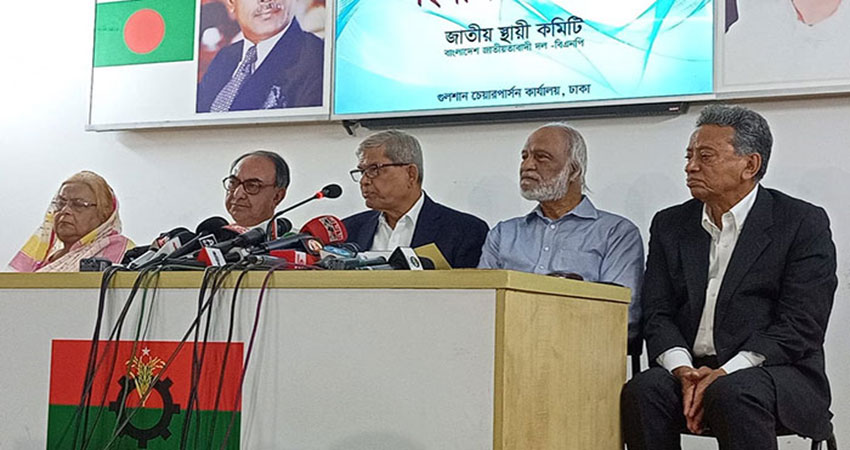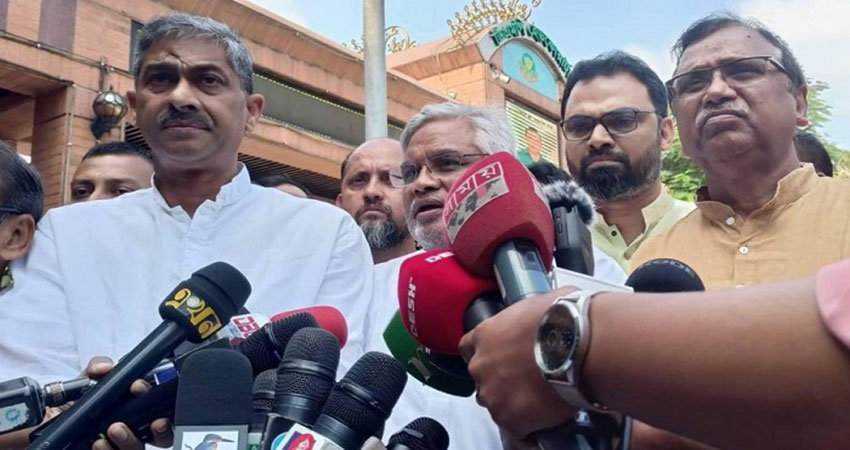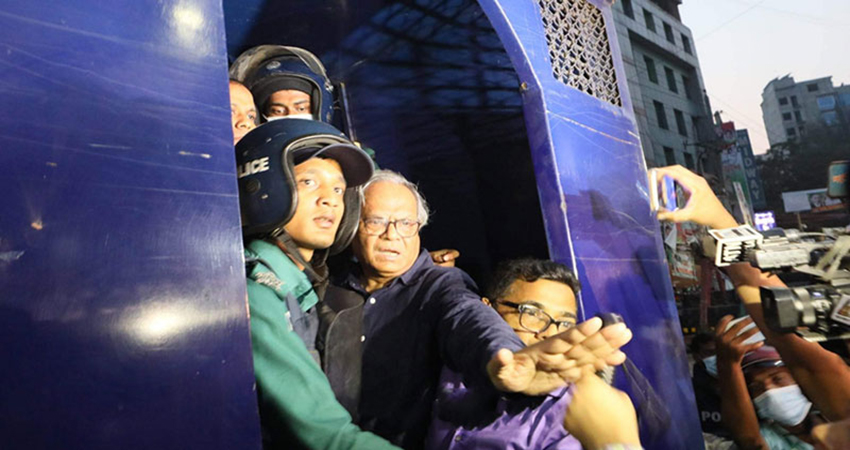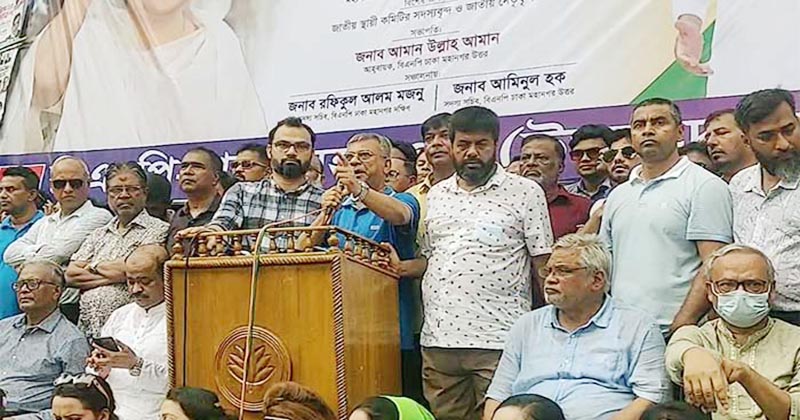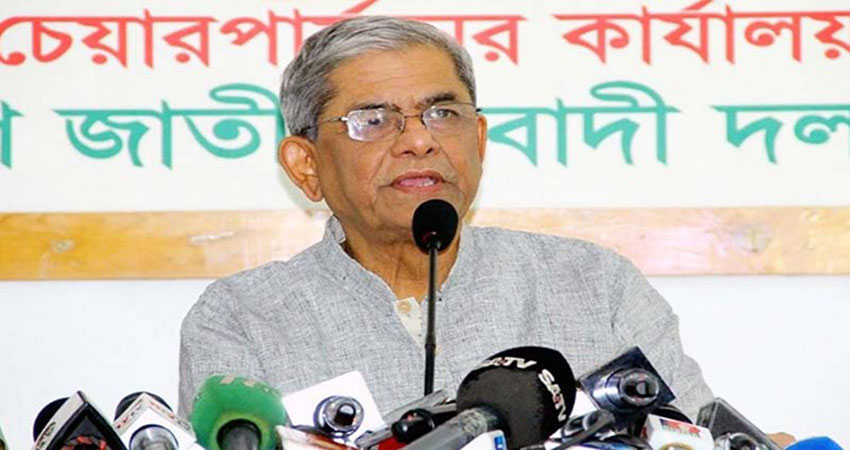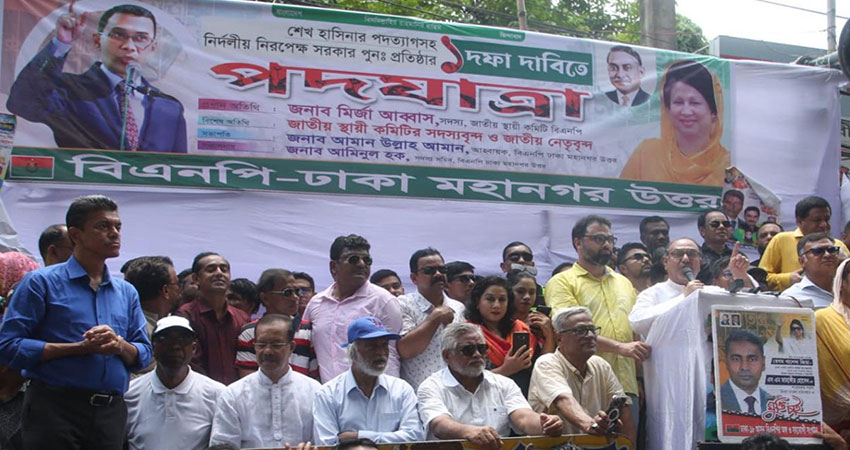BNP Secretary General Mirza Fakhrul Islam Alamgir said that the political parties participating in the movement to dethrone the government will take initiatives to implement a 31-point plan to recover the country within the first six months if they come into power.
"The plan we are forming is not only for us, it is for the whole country; the plan is for bringing qualitative change in the whole country," he said while reading out the plan at a press conference at the Gulshan BNP chairperson's office.
Some of the most prominent points include:
1. The constitution will be reviewed and repealed/revised to change the centralised, undemocratic power structure and undemocratic and controversial amendments brought by the Awami League government. Democratic rights of the people will be re-established by reintroducing the referendum system in the constitution.
2. An "Electoral Non-Partisan Interim Government" system will be introduced with a view to establishing voting rights and democracy in Bangladesh and giving permanent constitutional and institutional forms to the transparent democratic process.
3. No one will serve as president or prime minister for more than two consecutive terms.
4. Election Commissioners Appointment Act, 2022 will be revised to form an effective Election Commission consisting of independent, efficient, impartial, acceptable and determined persons.
5. Local government institutions will be made more independent, stronger and empowered with budget formulation and tax collection powers, with decentralisation in view.
6. ICT Act 2006 will be revised and Digital Security Act-2018 cancelled; a "Media Commission" will be formed for the overall reform of the media with the aim of guaranteeing complete independence of the mass media.
7. Corruption and money laundering will not be tolerated; ACC's transparency and accountability will be ensured through the reform of state accounts and financial control institutions, Anti-Corruption Commission and Anti-Corruption Act as well as systemic reforms.
8. Laws will be enacted to ensure transparency, accountability and credibility beyond narrow political partisanship in the constitutional and statutory institutions; appointments will be made subject to the vetting of parliamentary committees through hearings for all constitutional and important posts in state institutions
Among other reform objectives, establishing the rule of law, social justice, religious freedom, women's empowerment, youth skills development, eradicating disparity in access to education, improving public healthcare and transport system, and strengthening the power sector were emphasised.

